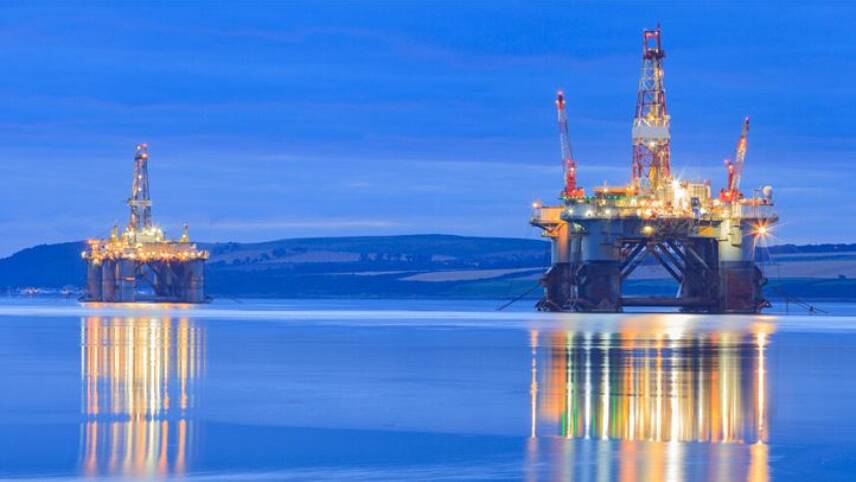Register for free and continue reading
Join our growing army of changemakers and get unlimited access to our premium content

The roadmap details a mix of solutions
In a new report published today (16 June), Oil & Gas UK (OGUK) states that its members with offshore oil and gas operations in UK waters have jointly committed to the industry-wide 2030 target and a shared roadmap to reach it.
The target cover emissions from production platforms, exploration, shipping, helicopter movements and onshore terminals, and are set against a 2018 baseline. In 2018, these sources collectively emitted 18.3 million tonnes of carbon dioxide equivalent – 4% of national emissions.
Key measures to reduce emissions from these sources, according to the roadmap, include switching from gas to electricity for heating and powering offshore facilities; progressively reducing flaring and venting; improving energy efficiency for buildings and investing in efficient, low carbon transport.
The planned decommissioning of some older platforms, considered among the most carbon-intense, will also contribute to emissions reductions. Any surplus emissions will then be offset, primarily through investment in tree-planting initiatives.
But plans to reduce fossil fuel production and diversify portfolios in favour of renewable energy are notably absent from the roadmap, which has drawn criticism from green groups. Research from Carbon Tracker concluded that oil and gas firms would need to cut production by 35% by 2040 if they are to align with net-zero by 2050.
Critics are also calling for OGUK and its members to reduce the Scope 3 (indirect) emissions associated with the burning of fuels by end-user customers, as this source accounts for the majority of the global oil and gas sector’s annual emissions.
“The oil and gas industry needs to take responsibility for the use of its products, not just how green its operations are,” WWF Scotland’s director Lang Banks said.
“Reducing our dependence on fossil fuels is the only fair and sustainable way to address the climate emergency.”
Sector deal
The publication of the OGUK roadmap comes as senior civil servants begin preliminary discussions with businesses to create a Sector Deal for the UK’s oil and gas industry.
In light of the UK’s 2050 net-zero target, enshrined in law last year, and given the fact that the oil and gas sector is among the hardest-hit by the Covid-19 fallout, the Sector Deal will contain measures to deliver a green recovery for both the sector and the wider economy.
Experts are predicting that it will contain measures around upskilling and reskilling, repurposing infrastructure and investing in emerging technologies such as carbon capture, usage and storage (CCUS) and hydrogen.
Sector Deals have already been produced for industries such as offshore wind and aerospace, but many policy packages are still in development, with progress having been further stalled by the pandemic.
Energy Minister Kwasi Kwarteng welcomed OGUK’s commitment and roadmap as a base for the sector deal, saying that the industry “has a vital role to play in our energy transition in the years to come”.
“The coronavirus pandemic and low oil and gas prices have had a devastating impact on the UK’s offshore oil and gas industry,” OGUK’s chief executive Deirdre Michie said.
“Given the limited impact that the severity of the lockdown has had on global emissions, it is clearer than ever that we need a fair, inclusive, and sustainable transition towards climate targets. We need a green recovery which supports jobs, supply chain companies and energy communities.
“A transformational sector deal could help unlock the full potential of this industry to support a green recovery and we’re delighted to confirm that we are now in formal discussions about it. With a clear pathway to becoming a net-zero basin by 2050 and with support from governments and regulators, we can protect domestic energy supplies, jobs and communities whilst embracing the opportunities which will come from being at the forefront of delivering a low-carbon economy.”
Sarah George


Please login or Register to leave a comment.